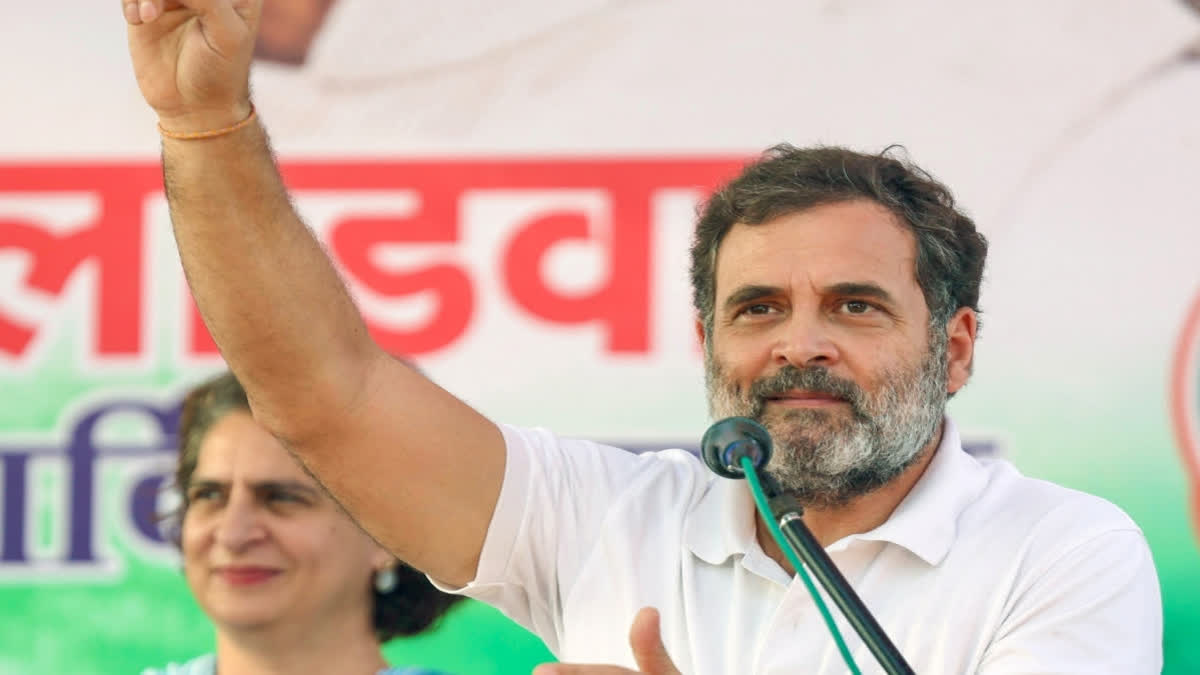New Delhi: Leader of Opposition in the Lok Sabha Rahul Gandhi asserted on Thursday that he is not "anti-business" as being projected by the BJP but "anti-monopoly" and "anti-creating oligopolies". Gandhi also claimed that after an article written by him was published in a newspaper, many play-fair businesses have told him that a senior minister has been calling and forcing them to say good things on social media about Prime Minister Narendra Modi and the government's programmes.
The Congress leader's remarks came a day after he wrote an opinion piece in "The Indian Express". The article said the original East India Company wound up its operations more than 150 years ago but the raw fear it used to generate then is back now, with a new breed of monopolists having taken its place. Gandhi, however, had also asserted that a "new deal for progressive Indian business is an idea whose time has come".
In a video posted on X on Thursday, Gandhi said, "I want to make something absolutely clear, I have been projected by my opponents in the BJP to be anti-business. I am not anti-business in the least, I am anti-monopoly, I am anti-creating oligopolies, I am anti-domination of business by one or two or five people." "I started my career as a management consultant and I understand the type of things that are required for a business to succeed. So I just want to repeat, I am not anti-business, I am anti-monopoly," the former Congress chief said.
In a post accompanying the video, Gandhi said, "I am pro-Jobs, pro-Business, pro-Innovation, pro-Competition. I am anti-Monopoly." "Our economy will thrive when there is free and fair space for all businesses," he asserted. In another post on the microblogging platform, Gandhi said, "After my article, many play-fair businesses are telling me that a senior minister has been calling and forcing them to say good things on social media about PM Modi and the govt's programmes. Proves my point exactly!"
In his article, Gandhi said India was silenced by the East India Company and it was silenced not by the company's business prowess, but by its chokehold. The company choked India by partnering with, bribing and threatening more pliant maharajas and nawabs, he pointed out. "It controlled our banking, bureaucratic and information networks. We did not lose our freedom to another nation; we lost it to a monopolistic corporation that ran a coercive apparatus," he said.
